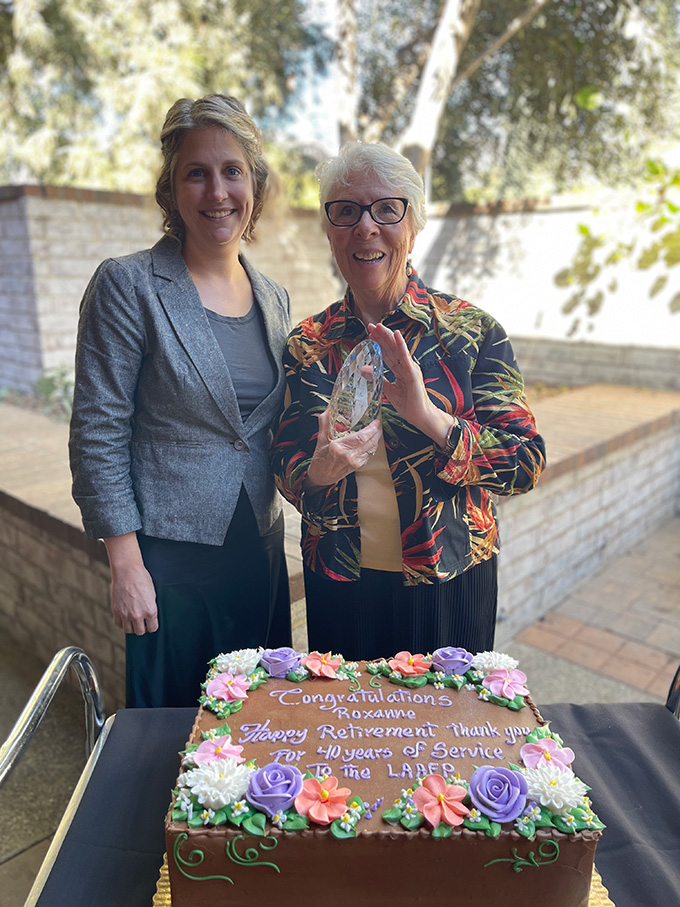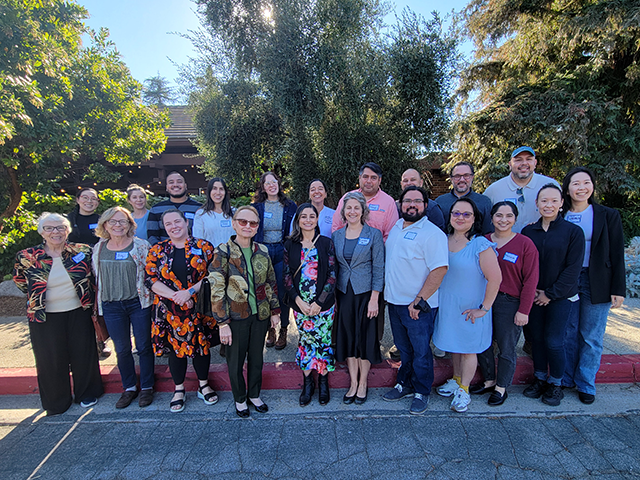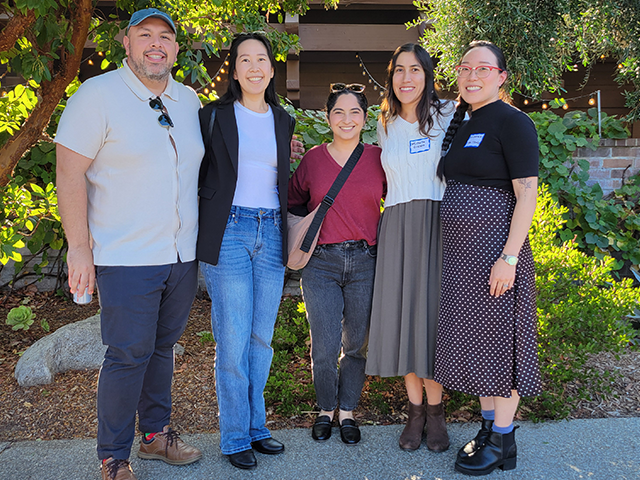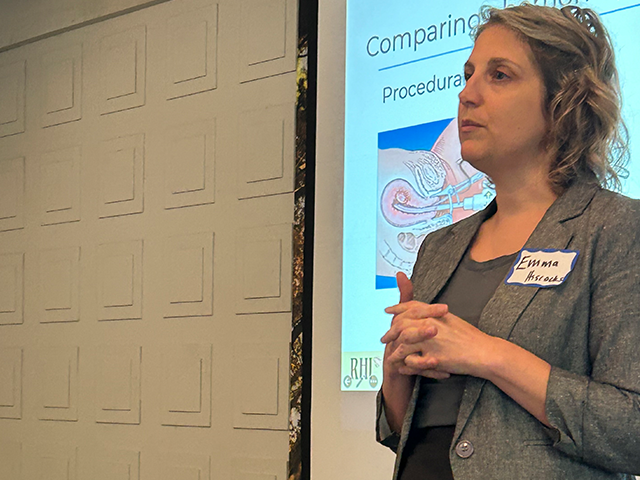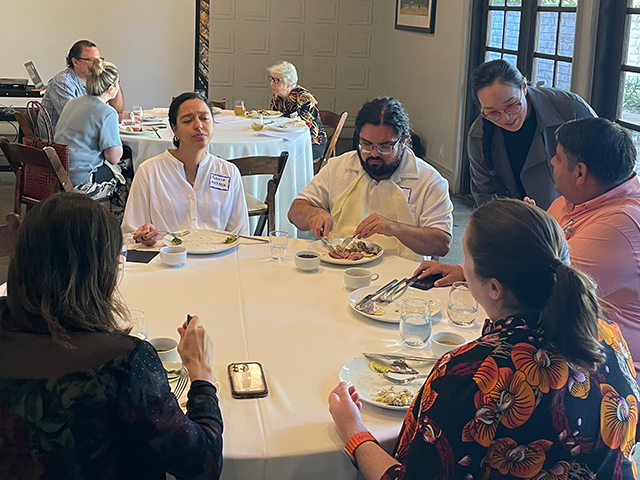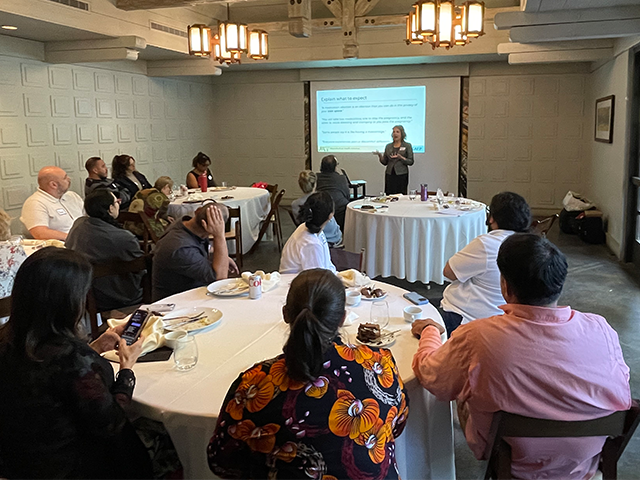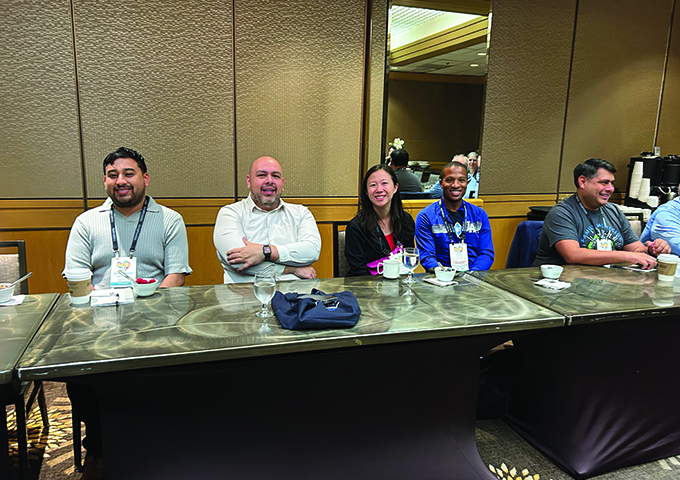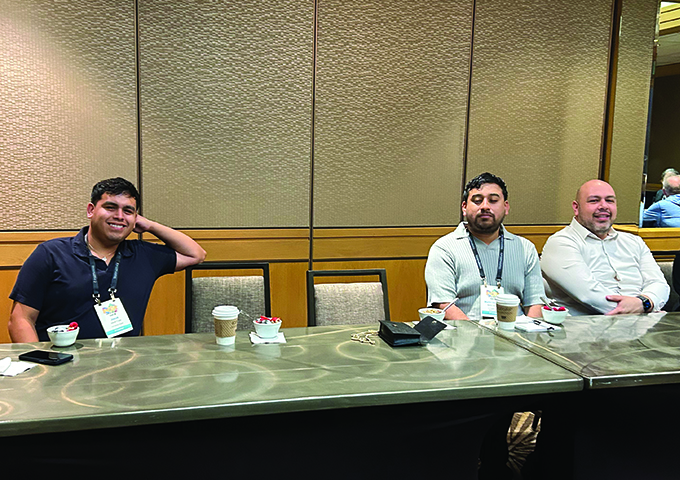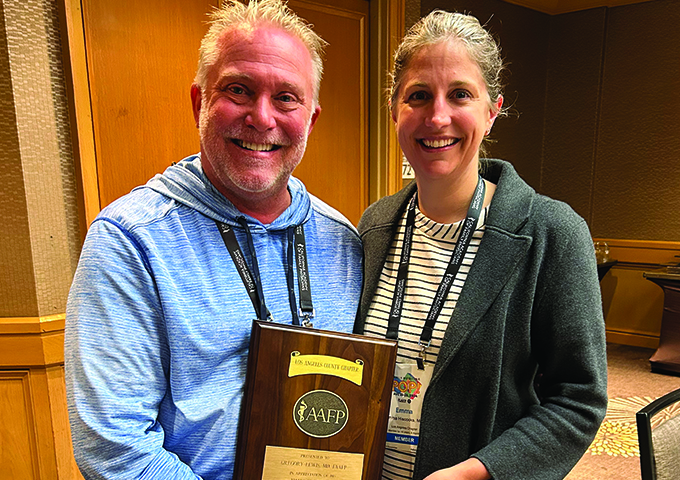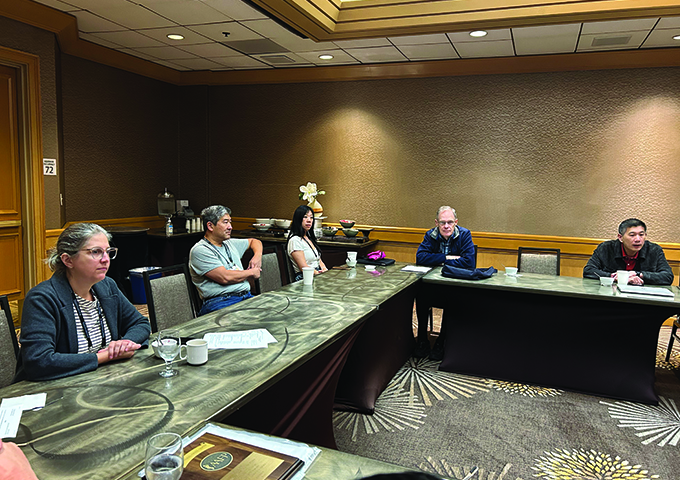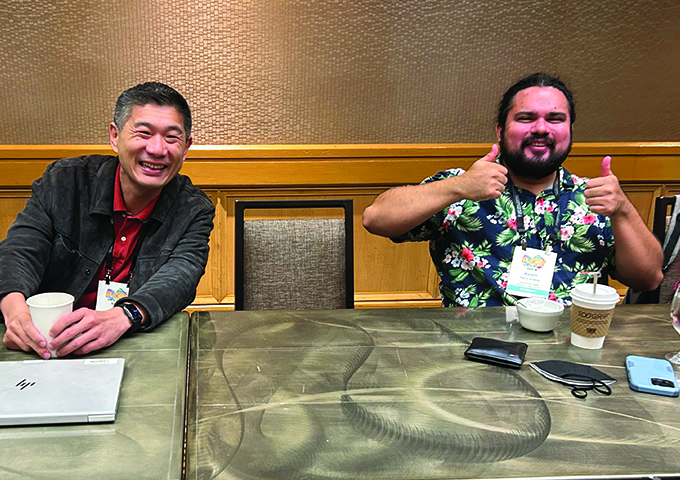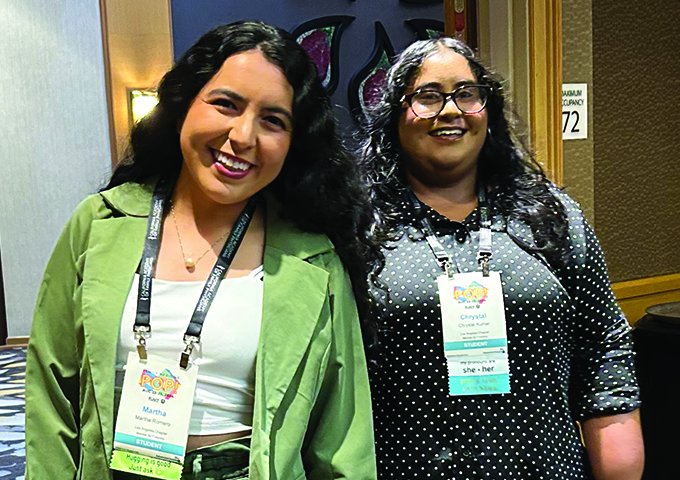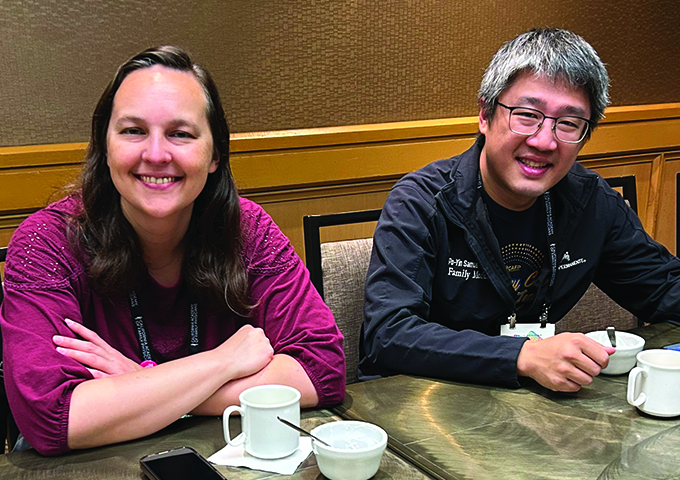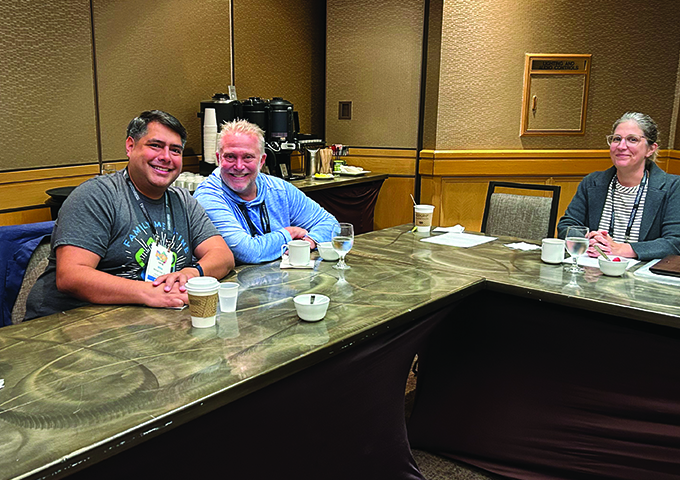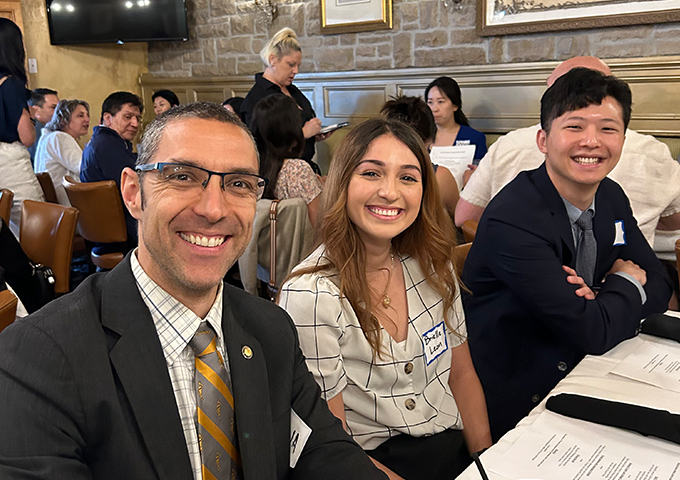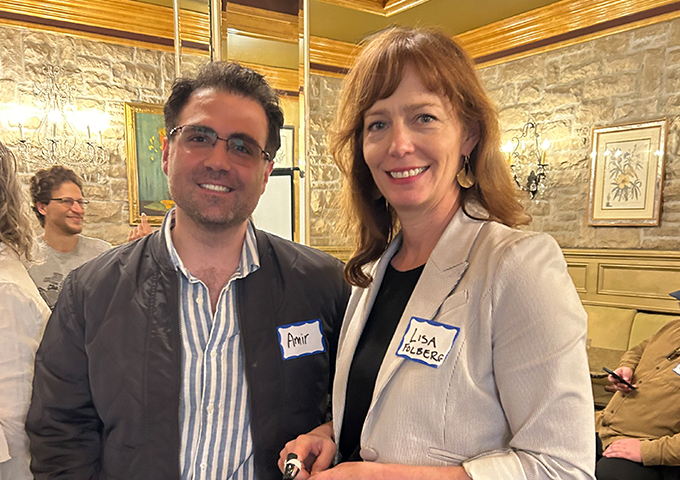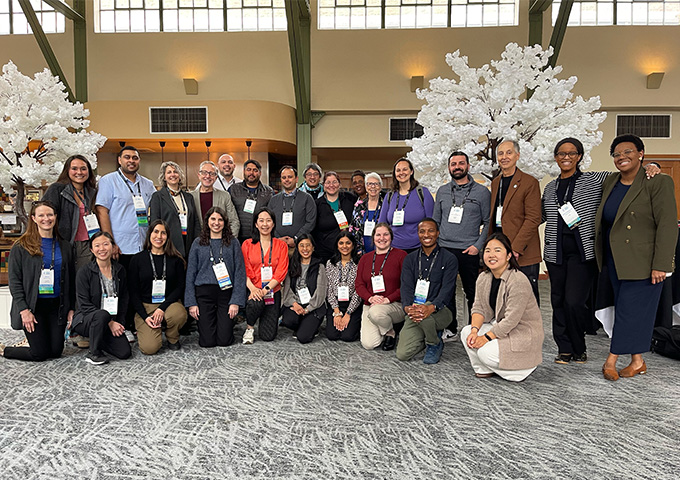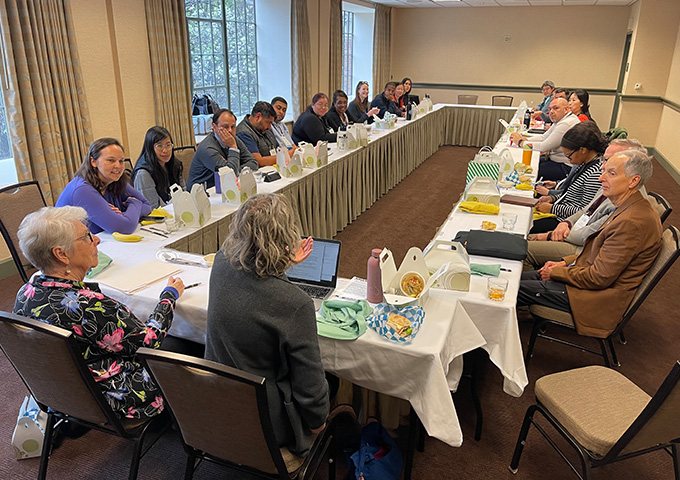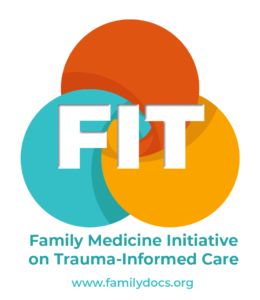
January 2020
CAFP had tremendous success in 2019, with 20 CAFP-supported bills being signed into law, including CAFP’s sponsored bill, AB 1622 (Carrillo), which fixes outdated laws that prevented family physicians from receiving recognition for the true value and diversity of care they can provide. Other bills signed into law include:
- AB 744 (Aguiar-Curry) – Requires a health plan to pay for a diagnosis, consultation or treatment delivered through telehealth services on the same basis as in-person diagnosis, consultation or treatment.
- SB 159 (Wiener) – Authorizes a pharmacist, after completing a training program and HIV status has been determined, to furnish preexposure and postexposure prophylaxis to a patient with or at risk for HIV.
- SB 276 (Pan) – Seeks to reduce addressing fraud in physician-issued vaccine exemptions.
Many wins were also included in Governor Gavin Newsom’s first State Budget, including:
- $33 million in annual ongoing funding for the Song-Brown Primary Care Physician Training Program, which disburses grants to primary care residency programs whose graduates train and continue to practice in underserved areas treating underserved populations.
- A continuation of nearly $40 million Proposition 56 funds to support primary care and emergency medicine residency programs as administered by the University of California in partnership with Physicians for a Healthy California.
- $120 million additional one-time funding for the physician and dentist loan repayment program. This makes $340 million available for the program over the next several years.
- $250 million in one-time funding for various Medi-Cal Value-Based Payments programs.
- Extension of Medi-Cal eligibility from 60 days to one year for post-partum women diagnosed with a mental health disorder.
CAFP also successfully advocated for the California Department of Health Care Services (DHCS) to expand of health coverage, increase provider payments, and create new programs including increased Medi-Cal coverage for young adults regardless of immigration statue, as well as restoration of non-federally mandated “optional” health benefits including eyeglasses, audiology and podiatry. DHCS is now paying Medi-Cal providers for age-appropriate developmental screenings. Providers will also be paid $29 for screening patients for Adverse Childhood Experiences (ACEs) and toxic stress that can cause future health problems. CAFP will provide a 4-5 hour e-publication on ACEs in March and a session on ACEs at the FM Clinical Forum May 15-17.
CAFP and AAFP fought for a much-needed 12 percent increase in 2020 Medicare payments for E/M codes and primary care add-on codes. However, Medicare must decrease payments for other subspecialty codes for budget-neutrality, which specialist organizations are resisting; CAFP and AAFP urge members to speak out in support of this increase.
Beginning Jan 1, physicians must submit Medicare claims using the randomly generated Medicare Beneficiary Identifiers (MBIs), instead of the Social Security Number (SSN)-based Health Insurance Claim Numbers (HICNs). All Medicare beneficiaries have been assigned an MBI, which should be protected as Personally Identifiable Information.
They’re ba-a-ack again! Trial Attorneys (“Consumer Watchdogs”) are planning a 2020 statewide ballot initiative to challenge the Medical Injury Compensation Reform Act (MICRA), which has reduced frivolous lawsuits and limited growth of medical malpractice insurance premiums in California for over 35 years by limiting the amount awarded for non-financial “pain-&-suffering.” Stay tuned (and active). A similar challenge was rejected by California voters in 2014.

